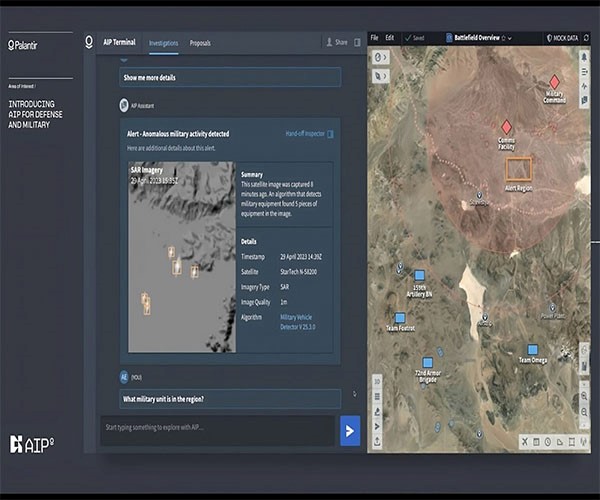Machine Learning Can Quicken the Search for Oral Biopharmaceuticals
Researchers have utilized artificial intelligence (AI) to identify biopharmaceuticals that have the potential to be formulated as oral pills, providing a more convenient and compliance-friendly delivery method. Oral delivery of biopharmaceuticals is a significant area of research, and this AI-driven approach can help overcome the challenges associated with developing stable oral formulations. Abdul Basit, a professor from University College London, highlights the complexities involved in developing oral biopharmaceuticals, making this AI-based approach a valuable tool in the field of drug formulation.

Figure .1 Machine Learning Can Quicken the Search for Oral Biopharmaceuticals
Figure 1 shows Administering biopharmaceuticals orally is the preferred route for patients, but the challenge lies in ensuring the drugs survive the harsh conditions of the gastrointestinal tract and reach their intended targets in an active form. The current methods for identifying such drugs are complex, time-consuming, and often rely on animal models. Researchers are using artificial intelligence to simplify this process by identifying large molecule drugs that have the necessary characteristics to withstand the gastrointestinal environment. This approach offers a promising solution to overcome the limitations of current methods.
Biotech companies conduct experiments to evaluate the stability of biopharmaceuticals in relevant environments such as blood or gastrointestinal fluids. This involves incubating the drugs with simulated or animal fluids and measuring drug concentration over time. Researchers then assess the intact drug levels in body fluids of animals or patients to understand the degradation patterns. These experiments provide insights into how and where the drug is degraded, aiding in the development of strategies to enhance oral delivery of biopharmaceuticals.
Learning from machines
Researchers have turned to machine learning (ML) to predict the gastrointestinal (GI) stability of peptides, aiming to provide a rapid screening method for assessing the suitability of peptide-based drugs for oral administration. By using ML algorithms, researchers can potentially save time and resources by focusing experimental testing efforts on the most promising candidates, reducing the need to test each drug candidate in the lab individually. This approach offers a cost-effective and efficient way to identify peptides with the potential for successful oral delivery.
Machine learning (ML) was chosen as a predictive technology to assess the gastrointestinal (GI) stability of peptides due to its flexibility, ability to handle large datasets, and capacity to model complex relationships. The ML models have already been utilized by Intract Pharma, a UCL spin-out company, for their pipeline of biopharmaceutical candidates. Although the initial focus was on GI stability prediction, the ML techniques could potentially be extended to manufacturing applications, as suggested by Basit. This demonstrates the versatility and potential future applications of ML in the pharmaceutical industry.
"While the features that confer GI stability could potentially be similar to those that confer manufacturing stability, prediction of manufacturing stability is a different task and thus requires a different model," the author observes. Future research could investigate whether transfer learning, a new type of machine learning, could transfer knowledge about GI stability to manufacturing stability.[1]
References:
- https://www.genengnews.com/insights/machine-learning-can-speed-search-for-biopharmaceuticals-for-oral-delivery/
Cite this article:
Janani R (2023), Machine Learning Can Quicken the Search for Oral Biopharmaceuticals, AnaTechMaz, pp.285















